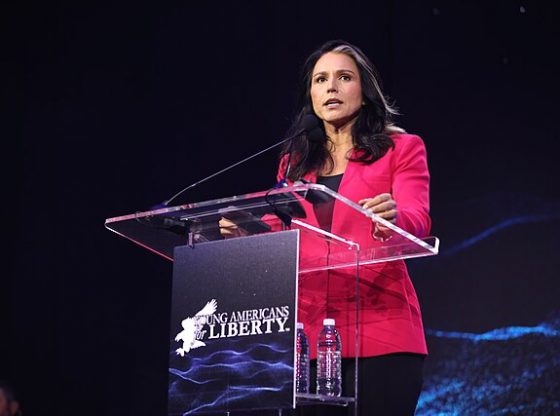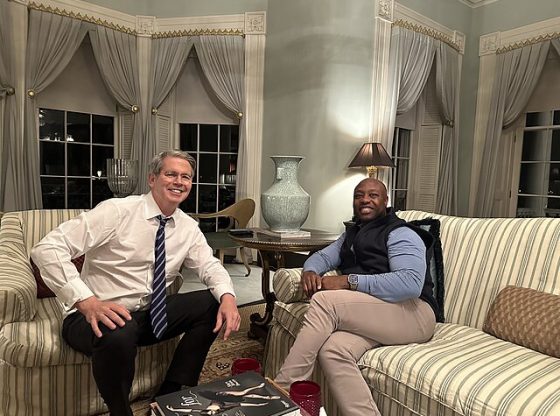As Congress struggled with yet another chaotic episode of negotiations over another catastrophic continuing resolution, all I could think was how wonderful it would be for everyone if they just shut the government down and brought an end to the Biden administration and its incredibly braindead and destructive energy-policy farce a month early.
What a blessing it would be for the country if President Joe Biden’s Environmental Protection Agency (EPA) were forced to stop “throwing gold bars off the Titanic” 30 days ahead of schedule. What a merry Christmas we could have if we never had to hear silly talking points based on pseudoscience from the likes of Biden’s climate policy adviser John Podesta or Energy Secretary Jennifer Granholm or Biden himself (read, as always, from his ever-present TelePrompTer) again!
What a shame it has been that the rest of us have been forced to take such unserious people seriously for the last four years solely because they had assumed power over the rest of us. As Jerry Garcia and the Grateful Dead spent decades singing: “What a long, strange trip it’s been.”
Speaking of Granholm, she put the perfect coda to this administration’s seemingly endless series of policy scams this week by playing cynical political games with what was advertised as a serious study. It was ostensibly a study so vitally important that it mandated the suspension of permitting for one of the country’s great growth industries while we breathlessly awaited its publication for most of a year.
That, of course, was the Department of Energy’s (DOE) study related to the economic and environmental impacts of continued growth of the U.S. liquified natural gas (LNG) export industry. We were told in January by both Granholm and Biden that the need to conduct this study was so urgent, that it was entirely necessary to suspend permitting for new LNG export infrastructure until it was completed.
The grand plan was transparent: implement the “pause” based on a highly suspect LNG emissions draft study by researchers at Cornell University, and then publish an impactful DOE study that could be used by a President Kamala Harris to implement a permanent ban on new export facilities. It no doubt seemed foolproof at the Biden White House, but schemes like this never turn out to be anywhere near that.
First, the scientific basis for implementing the pause to begin with fell apart when the authors of the draft Cornell study were forced to radically lower their emissions estimates in the final product published in September.
And then, the DOE study findings turned out to be a mixed bag proving no real danger in allowing the industry to resume its growth path.
Faced with a completed study whose findings essentially amount to a big bag of nothing, Granholm decided she could not simply publish it and let it stand on its own merits. Instead, someone at DOE decided it would be a great idea to leak a three-page letter to the New York Times 24 hours before publication of the study in an obvious attempt to punch up the findings.
The problem with Granholm’s letter was, as the Wall Street Journal’s editorial board put it Thursday, “the study’s facts are at war with her conclusions.” After ticking off a list of ways in which Granholm’s letter exaggerates and misleads about the study’s actual findings, the Journal’s editorial added, “Our sources say the Biden National Security Council and career officials at Energy’s National Laboratories disagree with Ms. Granholm’s conclusions.”
There can be little doubt that this reality would have held little sway in a Kamala Harris presidency. Granholm’s and Podesta’s talking points would have almost certainly resulted in making the permitting “pause” a permanent feature of U.S. energy policy. That is what happens when “science” isn’t science at all and energy reality is ignored in favor of the prevailing narratives of the political left.
What a blessing it would have been to put an end to this form of policy madness a month ahead of time. January 20 surely cannot come soon enough.
Featured Image Credit: IAEA Imagebank
















